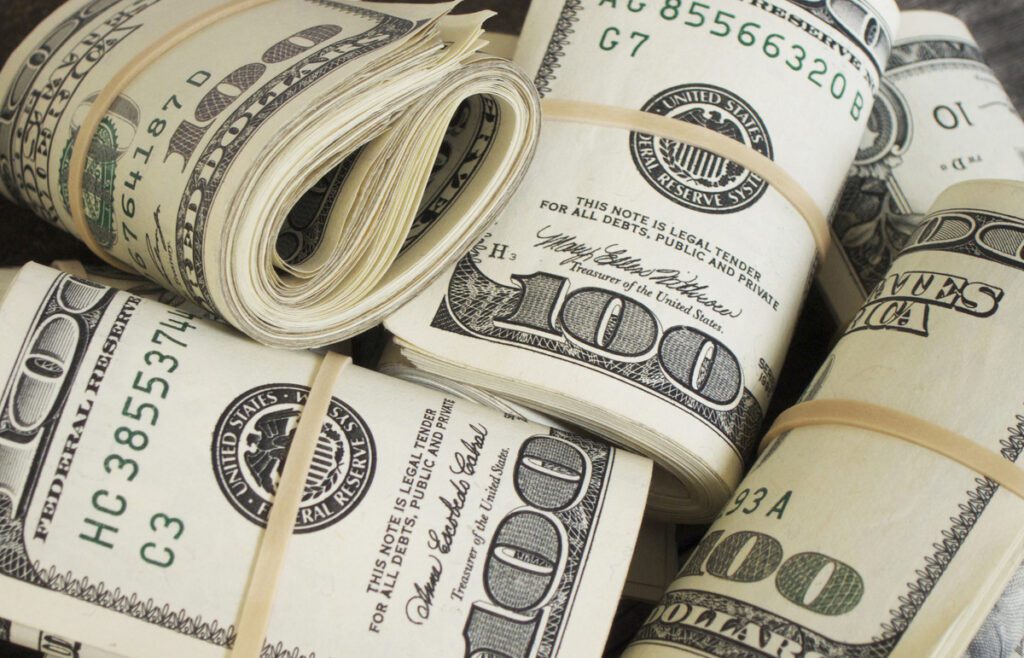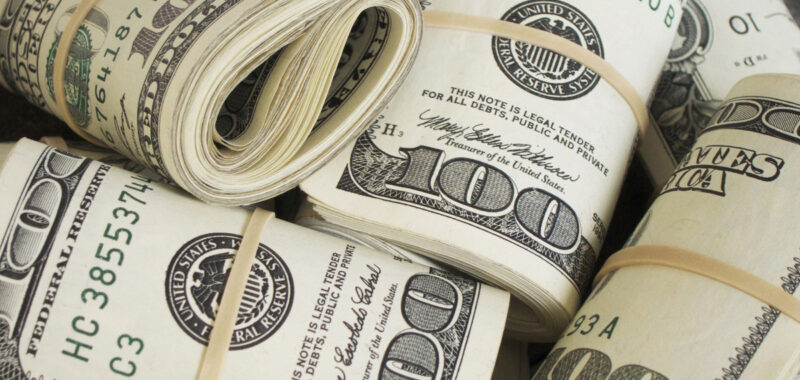
More than two years after it first said it was exploring a rule to clamp down on junk fees, the Federal Trade Commission unveiled on Tuesday a final rule banning the practice.
The rule affects multiple industries but is heavily targeted toward travel companies, specifically hotels, short-term rental companies, and online travel agencies.
There are two practices that would be prohibited:
- Misrepresenting the total cost by omitting mandatory fees
- Misrepresenting the nature and purpose of a fee
“People deserve to know up-front what they’re being asked to pay — without worrying that they’ll later be saddled with mysterious fees that they haven’t budgeted for and can’t avoid,” said FTC Chair Lina M. Khan.
“The FTC’s rule will put an end to junk fees around live event tickets, hotels, and vacation rentals, saving Americans billions of dollars and millions of hours in wasted time.”
However, the rule won’t go into effect for 180 days after being added to the Federal Register. And the new Congress could invalidate the rule through the Congressional Review Act.
President-elect Donald Trump said he would appoint a new FTC chair, Andrew Ferguson, and there will be a Republican majority at the FTC.
Ferguson joined the FTC as a commissioner in April and previously served as a clerk for U.S. Supreme Court Justice Clarence Thomas. According to Bloomberg Law, Ferguson dissented against certain FTC rules, such as one to make it easier to cancel subscriptions. Ferguson also dissented against the junk fee rule.
Biden’s War on Junk Fees
The FTC first announced that it was exploring a rule to ban junk fees in October 2022.
The agency unveiled its proposal in October 2023. The FTC also said that month that it received 12,000 comments from the public and the industry, which it released in a 161-page document.
Said one comment: “Hotel hidden fees are insidious. They allow hotels to ‘compete’ with seemingly low rates, then use fees to increase the actual amount paid after you’ve already booked. . . . This results in significant increase in consumer burden to avoid fees or eat the additional cost, and stifles competition and innovation.”
Cleaning fees at short-term rentals are a frequent complaint: “Homes often ask you to clean before you go but then add several hundred dollars in cleaning fees,” said another commenter.
Another effort to make fees more transparent is currently stalled.
In April, the Department of Transportation issued a rule mandating airlines disclose “junk fees” upfront. If it goes through, airlines and ticketing agencies would need to inform customers of the prices for checked baggage, carry-ons, and changing a reservation or canceling one. Airlines would also be required to share all information on fees with third party sites.
Trade group Airlines for America — along with several prominent airlines — filed a lawsuit against the DOT in May, arguing the junk fee rule a regulatory overreach that would cause confusion for customers and “complicate the buying process.” A U.S. appeals court temporarily blocked the DOT’s rule in July.
On July 1, two California laws went into effect requiring disclosure of mandatory fees, excluding taxes. Skift reviewed how the big three travel booking sites – Booking.com, Airbnb, and Expedia/Vrbo – were complying. For example, Expedia.com was displaying the total cost upfront in bold, including fees and taxes, for hotels. Airbnb was showing guests in California the nightly rate plus all fees, excluding taxes.
Other state laws are also in the works, but advocates for more transparency in fees want one national standard rather than a patchwork of state laws.
The FTC rule would help, but they are pushing for a federal law to be passed by Congress. The House of Representatives passed the No Hidden FEES Act earlier this year. A Senate committee voted through The Hotel Fees Transparency Act.

